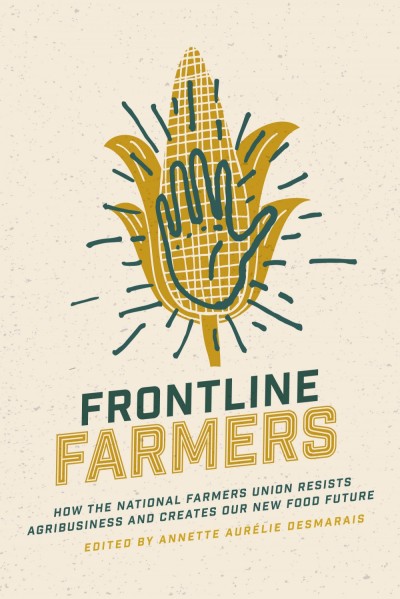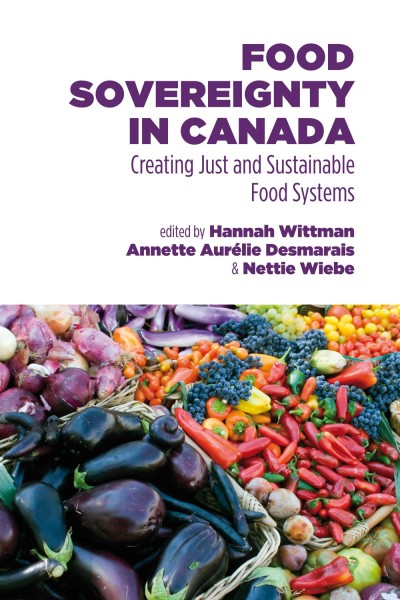
Annette Aurélie Desmarais is the Canada Research Chair in Human Rights, Social Justice and Food Sovereignty at the University of Manitoba. She is the author of_ La Vía Campesina: Globalization and the Power of Peasants_. Prior to obtaining her doctorate in geography, Annette was a small-scale grain farmer in Saskatchewan. She then also worked with the National Farmers Union in the Global Agriculture Project and provided technical support to La Vía Campesina for over a decade.





